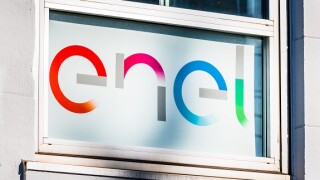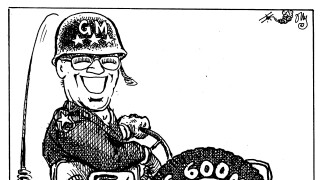BBVA
-
BNP Paribas has made three recent hires for its emerging markets team in London — one person each for syndicate, debt capital markets and ratings advisory.
-
SLB champion prints biggest SLB in euros as Gasunie lines up
-
Spain achieves highest subscription level for a debut syndicated green bond by a European sovereign
-
-
Two public sector borrowers shine with first green and sustainability bonds
-
Issuers pile into market but demand still outweighs supply
-
20 years the sweet spot for US corporate issuers in euros
-
Investment grade corporate debt market revs up for risk as subordinated trades mark first supply in a fortnight
-
The disparity between ratings and spread levels was highlighted in the euro high grade corporate bond market on Wednesday, after German conglomerate JAB Holdings opened books on a deal 40bp wide of lower rated Italian utility A2A, despite the same maturity and size.
-
Alstom, the French rolling stock maker, has signed a €400m green guarantee facility, as this still highly niche part of the green finance market continues to grow.
-
Europe’s high grade corporations are lining up bond issues in euro and sterling for this week, which could be the last before the market slows down for a summer break. Meanwhile, analysts and investors agree that there is considerable room for borrowers to sharply ramp up primary market activity in the next session.
-
UniCredit plans to make labelled financing a regular part of its funding across the group, following the launch of its debut labelled bond this week. Its first deal proved popular as it stacked up more than €3.25bn of demand.











